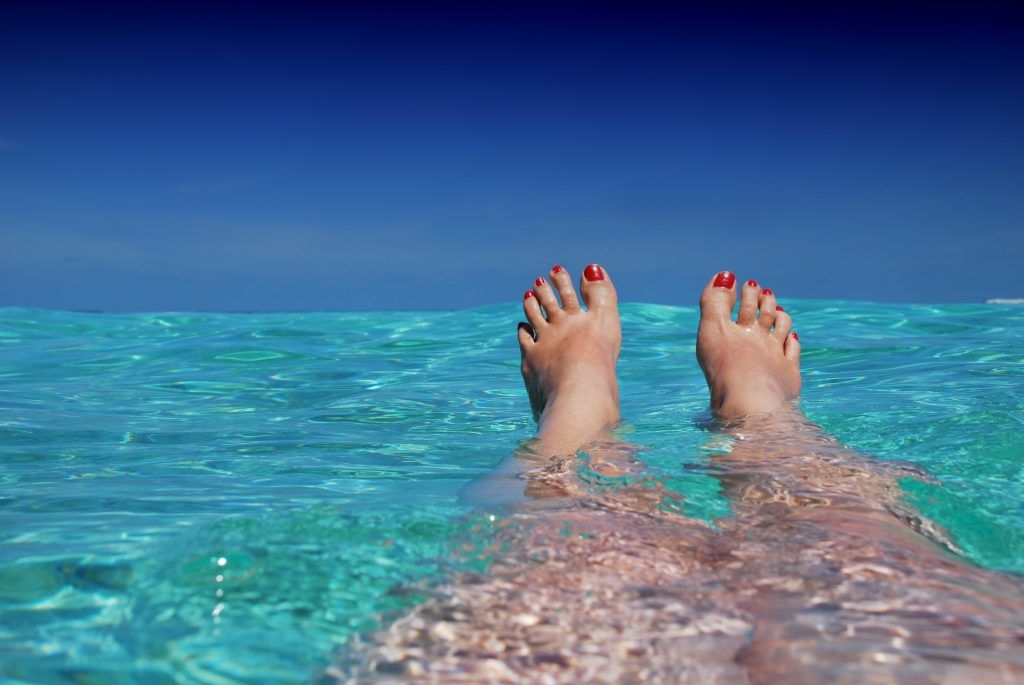There are basics no Danish home should go without – that’s the reason the country maintains a welfare system that most other countries envy. The Danish public know they’ll be well looked after: from the cradle to the coffin.
And should they somehow fall through a crack in the welfare net, Big Brother will probably come to their rescue – for example, the government moved swiftly to help hard-up families pay their heating bills following a huge hike over the winter.
Free dentistry, now for under-21s, a free university education, for master’s students too, heavy subsidies across the board in the areas of education and health … even a decent Christmas is a God-given right – every year tens of thousands of families get handouts to ensure they can serve the vitals.
But did you know that summer vacations also fall into that category – specifically a “week-long free holiday for the whole family”.
Barely a tenth of applicants will get a holiday
For many years Dansk Folkehjælp has been providing ‘Feriehjælp’ (holiday help) to families who wouldn’t be able to enjoy a vacation otherwise.
Some 10,281 needy families have applied for help this year – 2,541 more than last year, reports Dansk Folkehjælp, which warns it will probably only be able to help 1,160 of them.
“The sharp increase in the number of applicants is due to the price increases that have made a clear mark on Danish society in recent months – and which hit the country’s poorest families extra hard,” explains the organisation.
“If you look at the number of applicants from before the corona crisis, which has similarly been significantly harder for the most vulnerable citizens to get through, this is a sharp increase of 160 percent compared to 2019.”
“Everyone needs a mental break”
Klaus Nørlem, the secretary-general of Dansk Folkehjælp, contends that rich Danes do not really notice the effects of recent inflation and general rises in the price of fuel and groceries.
For poor families, he notes, “price increases have far-reaching consequences” – but yet, the funds available to 1,160 families won’t be for fuel and groceries, they will be for taking a holiday.
“As many as 65 percent of all applicants for Feriehjælp state that today they have less than 100 kroner per day for the entire household’s food budget,” he explains.
“But there are the mental breaks that all families need once in a while. One of the most important breaks you as a family can get is a good summer holiday, and therefore we at Dansk Folkehjælp are happy to be able to provide Feriehjælp to 1,160 Danish families – even though right now it stands in stark contrast to a record number of applicants.”
Feriehjælp is provided with additional support from Arbejdsmarkeds Feriefond, Ole Kirk’s Fond and Egmont Fonden.
















